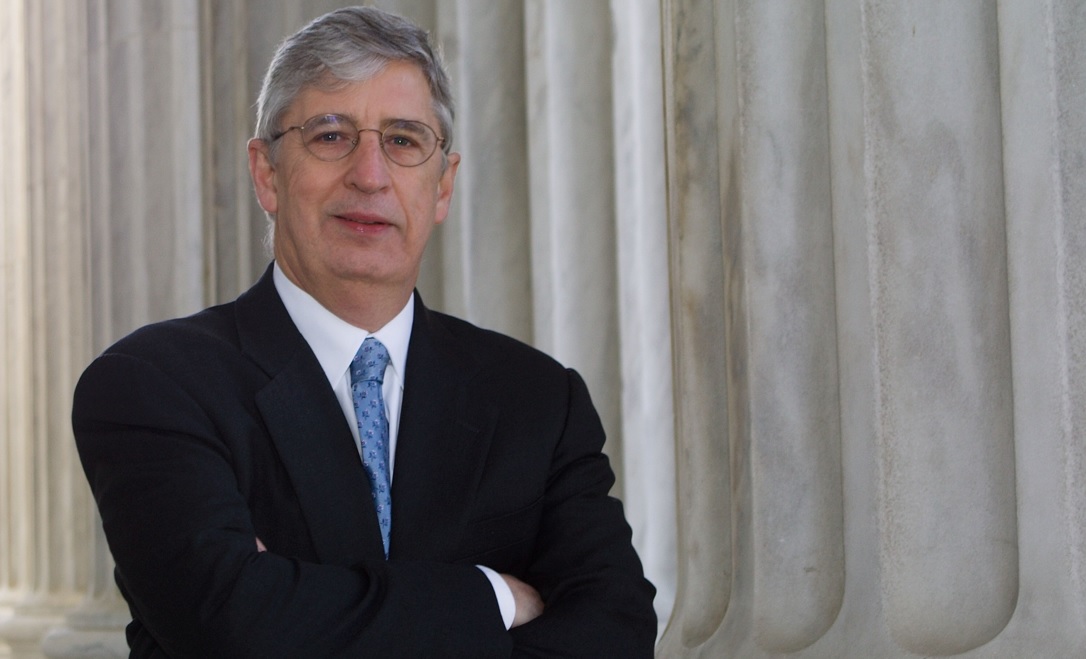Must-Carry Case Winner Walter Dellinger Dies at 80
Was assistant solicitor general who argued Supreme Court case

The smarter way to stay on top of the multichannel video marketplace. Sign up below.
You are now subscribed
Your newsletter sign-up was successful
Walter E. Dellinger III, who as assistant solicitor general in 1996 successfully argued that the cable must-carry rules were constitutional, has died in Chapel Hill, N.C. Dellinger was the Douglas B. Maggs Professor Emeritus of Law at Duke University.
Dellinger was acting solicitor general in 1996-97 when he argued successfully in Turner Broadcasting System, Inc. v. FCC before the Supreme Court that the 1992 Cable Act's requirement that cable operators reserve channels for local broadcast TV (must-carry) was a content-neutral regulation of speech that served three important government interests: preserving free over-the-air TV, promoting a diversity of information sources, and promoting TV competition.
The Supreme Court, in a 5-4 decision, concluded that there was "substantial evidence to support Congress' conclusion that enactment of must-carry was justified by a real threat to local broadcasting's economic health. The harm Congress feared was that broadcast stations dropped or denied cable carriage would be at a serious risk of financial difficulty."
Dellinger served in the Clinton White House as a presidential advisor on constitutional issues. He was named assistant attorney general in 1993 and was a resident faculty member at Duke from 1969 until 1993.
He was born in Charlotte, N.C. May 15, 1941, and graduated with honors from the University of North Carolina. He graduated from Yale Law and clerked for Supreme Court Justice Hugo Black. ■
The smarter way to stay on top of the multichannel video marketplace. Sign up below.
Contributing editor John Eggerton has been an editor and/or writer on media regulation, legislation and policy for over four decades, including covering the FCC, FTC, Congress, the major media trade associations, and the federal courts. In addition to Multichannel News and Broadcasting + Cable, his work has appeared in Radio World, TV Technology, TV Fax, This Week in Consumer Electronics, Variety and the Encyclopedia Britannica.

